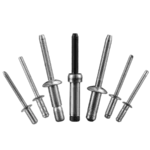Table of Contents
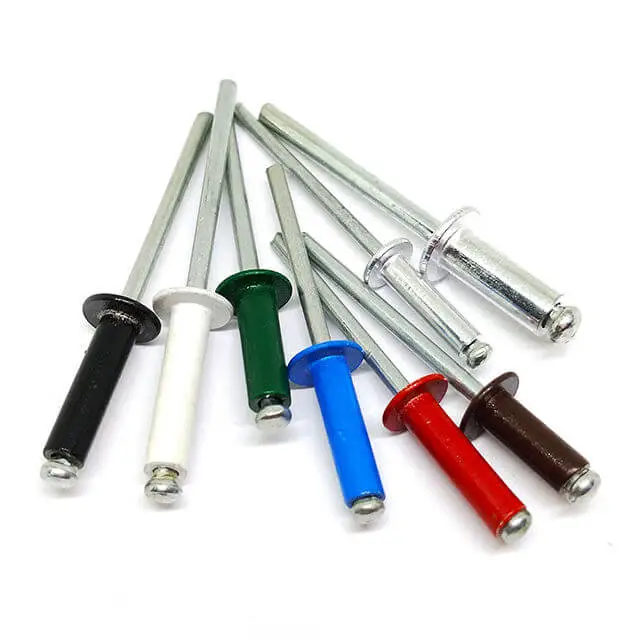
Rivets are made from a variety of raw materials. Rivet makers often choose which material to use to produce rivets based on the purpose of the rivet, the required strength, corrosion resistance and other characteristics. Let’s explore types of rivet material.
Table of Contents
Types of Rivet Material
According to the actual use, the raw materials for the production of rivets are as follows:
- Aluminum
- Steel
- Copper
- Titanium
- Monol Alloys
Rivet manufacturers often choose the raw materials used to produce rivets based on the needs of their customers.
1.Aluminum Rivet
Aluminum is a little more expensive than most steel, so why would a project still choose to use aluminum rivets? Because aluminum rivets have advantages that other materials do not:
- Light weight
- Corrosion resistance
- Easy to process
If your project requires more lightweight equipment or is in a corrosion-resistant environment. You can choose Aluminum Blind Rivets to complete your project. Aluminum blind rivets can provide reliable, durable and cost-effective joining solutions.
2.Steel Rivet
Of course, steel as the most commonly used metal is also available as a raw material for the production of rivets. The use of steel as a raw material for blind riveting has several advantages.
- High tensile and shear strength
- Robustness and durability.
- Good resistance to wear and tear
- Relatively low cost, with a high degree of cost-effectiveness. Suitable for high volume production
- Available in a wide range of steels (Low Carbon Steel, Alloy Steel)
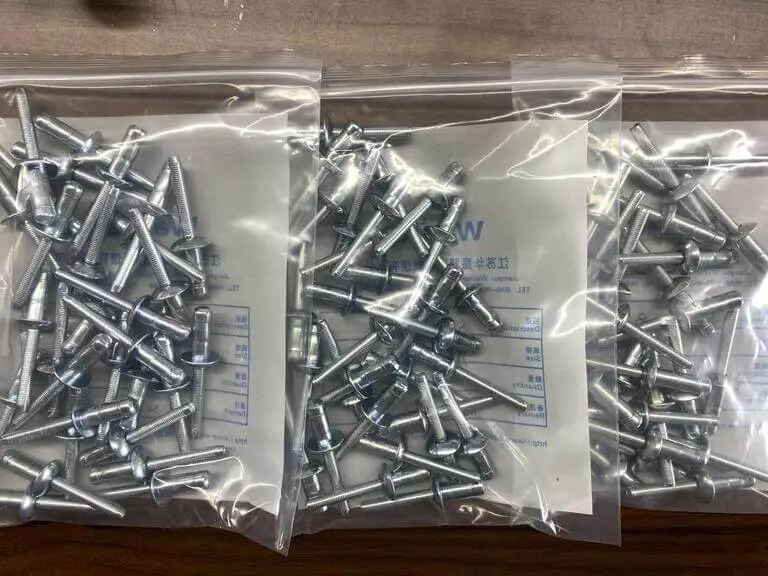
Steel as a raw material for blind rivets offers the advantages of high strength, durability, resistance to wear and tear, affordability and a wide selection of types. Steel blind rivets are suitable for a wide range of use conditions such as construction and infrastructure, automotive and transportation, machinery and equipment, household appliances, electronic equipment and agricultural equipment. Depending on the specific application, rivets can be selected from mild steel, alloy steel or stainless steel to meet different strength, corrosion resistance and durability requirements.
3.Copper Rivet
Copper is used as the material of choice for electrical conductivity. If your project requires electrical conductivity, then you can purchase copper blind rivets. The main advantages of copper as a raw material for blind rivets are as follows:
- Excellent electrical conductivity
- Good corrosion resistance
- Winning ground for bacteria and other microorganisms all the time
- Easy to form and install
- Unique metallic luster and aesthetic appearance
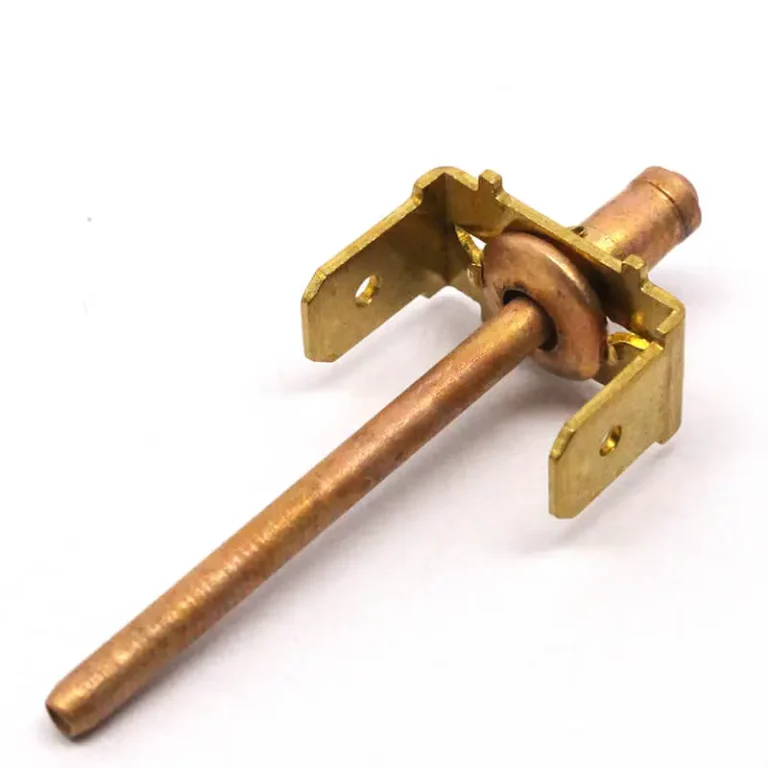
Copper is often used in conductive, corrosion-resistant and antimicrobial applications because of its unique properties. Examples include the connection of electronic heat sinks, the assembly of high-precision medical device components and the assembly of decorative architectural and furniture components.
4.Titanium Blind Rivet
Very few blind rivets use titanium as a raw material. This is because it is too expensive! Generally you will only see titanium blind rivets in critical parts of aircraft structures, marine equipment or chemical equipment.
- Titanium has an extremely high weight ratio. It is possible to reduce structural weight while providing excellent strength.
- Titanium has excellent corrosion resistance in atmosphere, water and many chemical environments.
- Titanium blind rivets maintain their strength and performance at elevated temperatures.
- Titanium is non-magnetic and is ideal in applications where magnetic interference needs to be avoided.
Titanium Blind Rivets because of their high price and high performance solutions you will find them in very demanding equipment. Examples include structural connections in flight and spacecraft, high temperature equipment such as aircraft engines and heat converters.
5.Monol Rivet
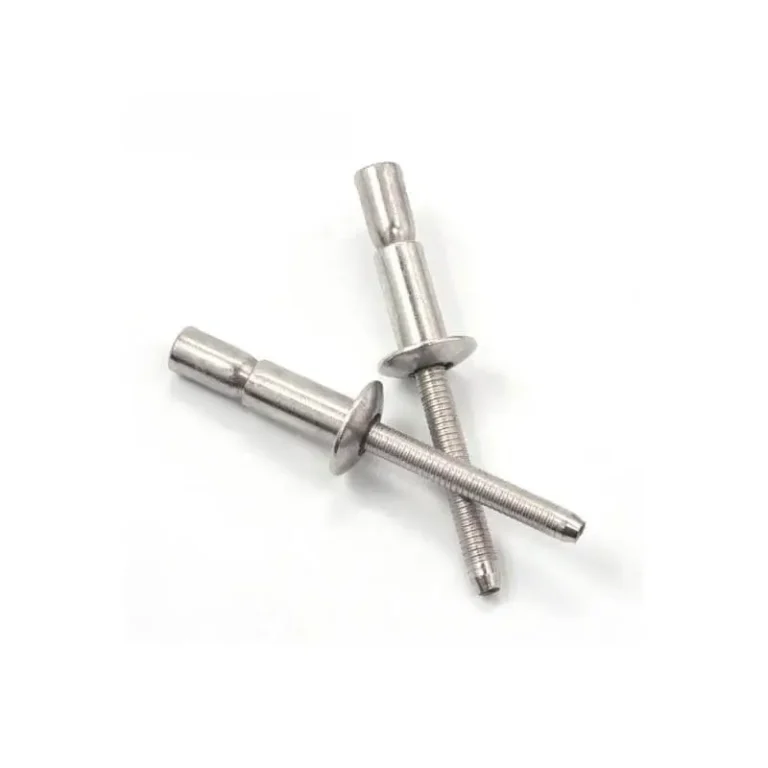
Monel alloy is a nickel-copper alloy with excellent corrosion resistance, high strength and good resistance to high temperatures. The reasons for using Monel alloy as a raw material for Blind Rivets are as follows:
- Extremely high corrosion resistance, including seawater, acidic and alkaline environments and high salt environments.
- High strength and toughness to withstand high loads and stresses.
- Good resistance to oxidation, preventing surface oxidation or degradation.
Monol blind rivets are generally found in extreme applications. Examples include extreme corrosive environments, marine engineering and the chemical industry. Or the connection of components of heavy machinery and high-pressure equipment and the connection of high-temperature pipes and engine components.
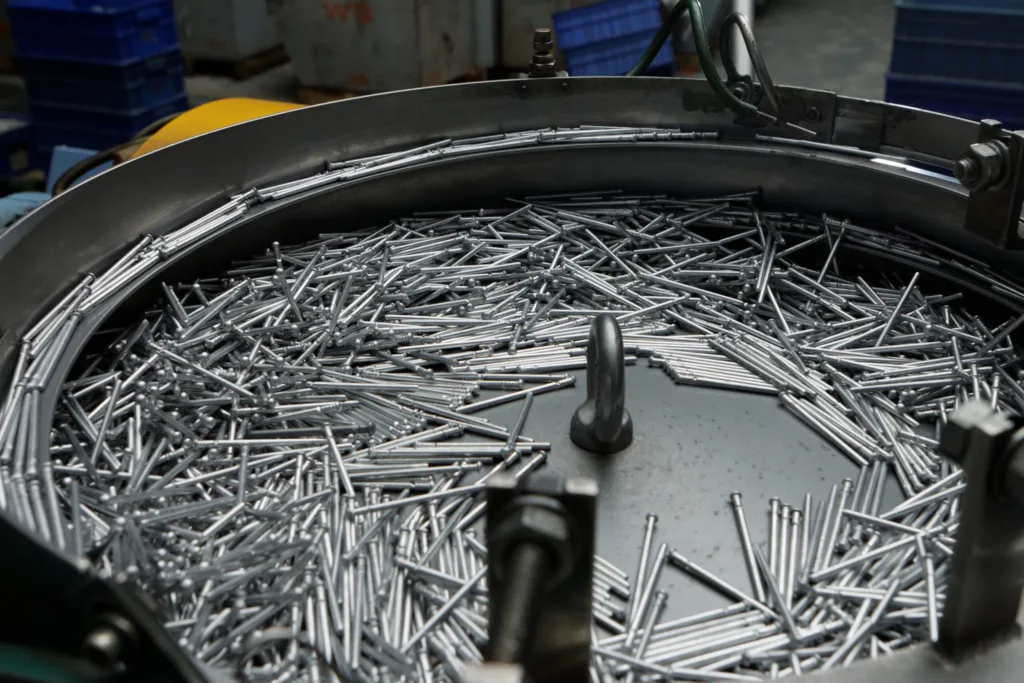
Contact Our Engineers Today
We provide you with high quality rivets, including customized services.
How to Choose the Right Types of Rivet Material for Your Project?
A number of factors need to be considered when selecting the right rivet material for your project. These include the application environment, material properties, load requirements, budget and special needs. Below are some steps and considerations for selecting rivet materials:
1. Determine the Application Environment
Rivets are used in a variety of environments and can be adapted to basically any extreme application scenario. Traditional application environments we do not know in depth, because rivets can be very effective. Rivets may be applied to extreme application environments are as follows:
- Marine Environment
- Chemical Environment
- High Temperature Environment
- Low Temperature Environment
- High Gumidity Environment
- Exposure to Weather Conditions
As a user or purchaser, you need to be well aware of the specific application environment of your project. Choose the right rivet material according to the actual application scenario. Only in this way, the rivets can be maximized!
2. Consideration of Load Requirements
Different projects have different strength requirements for rivets. For example, if your project is a steel structure connection, heavy equipment connection and other applications that require high strength. Then you should choose high strength materials such as alloy steel, stainless steel and titanium. If your project is a medium duty application, then choose materials with moderate strength such as aluminum and mild steel.

Of course, some projects have special requirements for the shear and tensile strength of rivets. If high shear strength is required, choose materials such as stainless steel and high strength alloy steels. If high tensile strength is required, choose materials such as titanium and alloy steels.
3. Determination of Material Properties
If you have special needs for your project, such as requirements for weight, conductivity, and appearance. You can refer to the following standards.
- Weight
- Lightweight needs: choose lightweight materials such as aluminum and titanium.
- Weight insensitive: choose steel, brass and copper.
- Electrical Conductivity
- Conductivity required: choose copper or brass.
- Insulation or no need for conductivity: choose aluminum or stainless steel.
- Aesthetic and Decorative
- Decorative needs: choose aesthetically pleasing materials such as brass and copper.
- Utility-oriented: choose materials with superior performance, such as stainless steel and alloy steel.
4. Budget and Cost
If you don’t have a big budget for your project, but want to achieve a great connection. Choose mild steel or aluminum. If the performance of the rivets is important, choose high-strength materials such as titanium and Monoel alloys.
And, of course, try to produce rivets in large quantities. This will reduce your costs considerably. Generally speaking, the retail price of rivets is several times or more than the wholesale price of rivets! If you want to know more about cost of rivet, read this guide – “How Much Do Rivets Cost?”.
Conclusion
Now that you have read the detailed guide above, many things about types of rivet material must be clear by now. And you now know the conditions and application scenarios of different types of rivet material. I am sure that you are ready to choose the right rivet for your project! If you have other needs, please contact our engineers and you will get a professional rivet solution.
Rivmate Rivet Riveting: Combination of Safety and Stability!
Are you ready to choose the right, high quality rivets for your project? At Rivmate Rivet, you’ll get the most cost-effective blind rivets available. It has affordability and high quality. So contact Rivmate Rivet today and achieve a long and consistent riveting!


